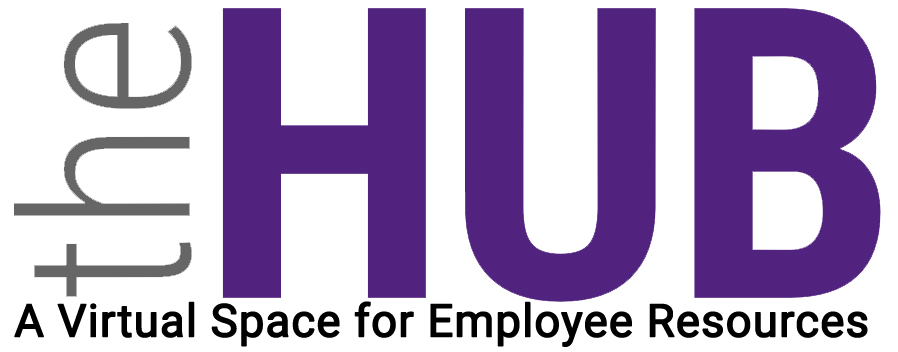AI Literacy for College Students Video Series Dr. Nic Subtirelu of the English Department at…
What does decolonize the curriculum mean?
Decolonization is “the process of deconstructing colonial ideologies of the superiority and privilege of Western thought and approaches. Decolonization involves valuing and revitalizing Indigenous knowledge and approaches and weeding out Western biases or assumptions that have impacted Indigenous ways of being” (Cull et al., 2018, p. 7).
- Decolonizing the curriculum should also address the materials used in the course. This process involves “expanding our notions of good literature so it doesn’t always elevate one voice, one experience, and one way of being in the world. It is about considering how different frameworks, traditions and knowledge projects can inform each other, how multiple voices can be heard, and how new perspectives emerge from mutual learning” (Keele, n.d.).
Why is it important to decolonize the curriculum?
- Decolonizing the curriculum involves recognizing one’s positionality. According to dictionary.com, positionality is “the social and political context that creates your identity in terms of race, class, gender, sexuality, and ability status. Positionality also describes how your identity influences, and potentially biases, your understanding of and outlook on the world.” When instructors understand their positionality, they can consider how their identity and experiences impact learner success.
- Decolonizing the curriculum is a matter of social justice as it promotes an inclusive environment that respects all learners and their backgrounds.
What does decolonize the curriculum look like in practice?
- Mullings (2019) offers four recommendations for how to practice decolonization:
- Sit among your students. This means reconfiguring the learning space so that the instructor isn’t always front and center lecturing to students.
- Ask for student participation at every step. Inviting students to give feedback and take an active role in the learning process, and they become co-creators who contribute to the content, assessments, and activities.
- Demonstrate that you are not the only knowledge-holder in the room. Decolonizing means inviting students to contribute their knowledge and expertise and serve as co-creators of knowledge.
- Facilitate, guide, and coach throughout the room. This approach promotes student-centered learning and a two-way communication process that empowers students to take ownership of their learning.
References
Cull, I., Hancock, R. L. A., McKeown, S., Pidgeon, M. & Vedan, A. (2018). Pulling together: A guide for front-line staff, student services, and advisors. Victoria, BC: BC campus. https://opentextbc.ca/indigenizationfrontlineworkers/ Keele University. (n.d.). Keele’s manifestofor decolonizing the curriculum. https://www.keele.ac.uk/equalitydiversity/equalityframeworksandactivities/equalityawardsandreports/equalityawards/raceequalitycharter/keeledecolonisingthecurriculumnetwork/#keele-manifesto-for-decolonising-the-curriculumMullings, D. (2019, Oct. 4). Decolonizing post-secondary classrooms for rockstar learners[Video]. YouTube. https://youtu.be/SW0chDCifPQ

This Post Has 0 Comments